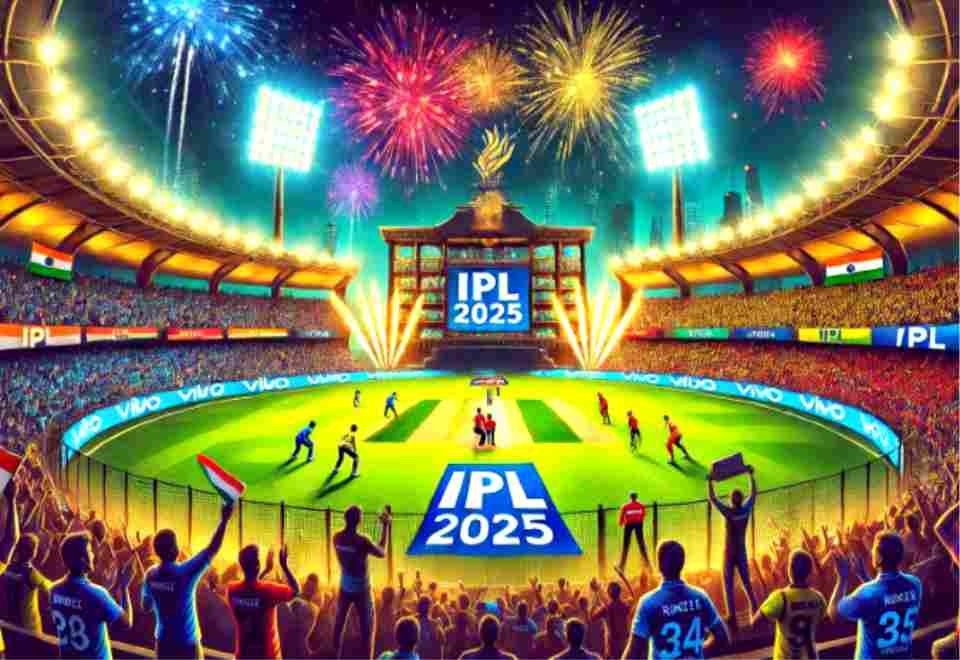In a dramatic bid to consolidate its grip on world cricket, the Board of Control for Cricket in India (BCCI) is set to increase the number of games in the Indian Premier League (IPL) to 94 by 2028. The reported hike would take the IPL further into the international cricket calendar — leaving cricket purists and stakeholders worried about the fate of international formats.
No New Franchises, But Additional Matches
At present, the IPL hosts 74 games each season, following its expansion to a 10-team format in 2022. The BCCI has plans to extend that number to 84 matches by the year 2026, and later to possibly 94 matches by 2028. Curiously, none of this growth will come from any new franchises. Rather, the league will switch to a complete home-and-away format, where every team will play all other teams twice, once home and once away — a system prevalent in prominent international sports leagues.
IPL Chairman Acknowledges Media Rights as Key Factor Behind Expansion Plans
Talking to a premier cricketing website, IPL Chairman Arun Dhumal confirmed the upcoming media rights cycle beginning in 2028 as one of the major reasons behind the expansion plans. He reiterated that the BCCI is seriously contemplating the 94-match format, and talks with the International Cricket Council (ICC) are likely to make sure there are no international cricket scheduling clashes.
Dhumal emphasized the BCCI’s commitment to maintaining harmony with the global cricketing calendar, stating, “We are in discussions to collaborate closely with the ICC to ensure that the expanded IPL schedule does not interfere with international fixtures. Our long-term vision is to implement a comprehensive home-and-away format, allowing each team to face every other team both at home and on the road. This structure would significantly elevate the competition’s fairness and viewership, and ultimately increase the total number of matches to 94 in a single season.”
International Cricket in Jeopardy?
The potential for growth has drawn controversy in the cricketing fraternity, particularly with regard to its effect on international matches. Since the IPL currently takes up over two months of the cricket calendar, most countries steer clear of organizing bilateral series during this time since their best players are likely to be preoccupied with their IPL franchises.
The expanding footprint of the league may further compress the already congested international calendar, leading to worries that international cricket — especially Test and ODI series — will get less focus and frequency in the years ahead.
Pakistan Still Excluded From IPL
It should also be mentioned that since IPL 2008, Pakistani players are still not allowed to play in the tournament because of political tensions between the two nations. This ban is still in place even as the league expands in size, scope, and impact, pointing to the enduring chasm between the subcontinent’s two cricket giants.



